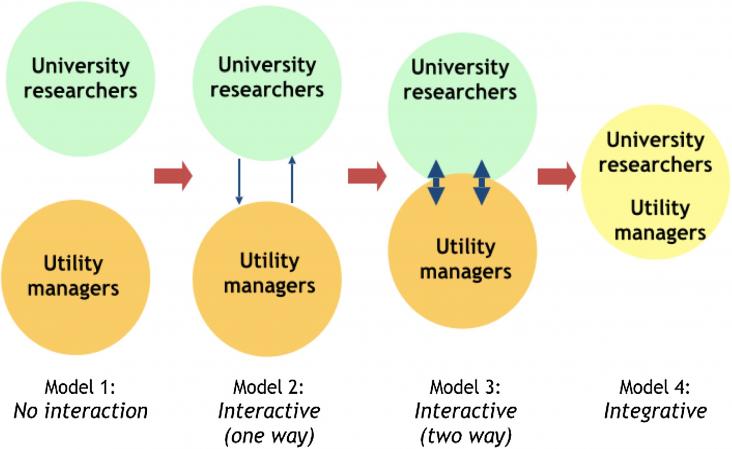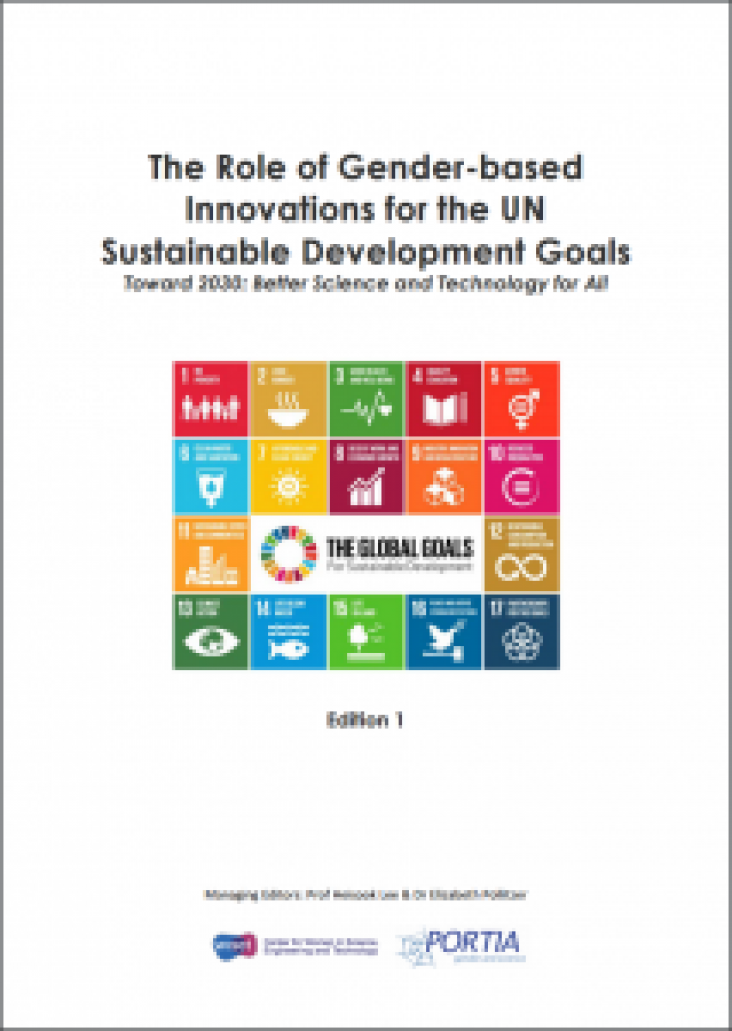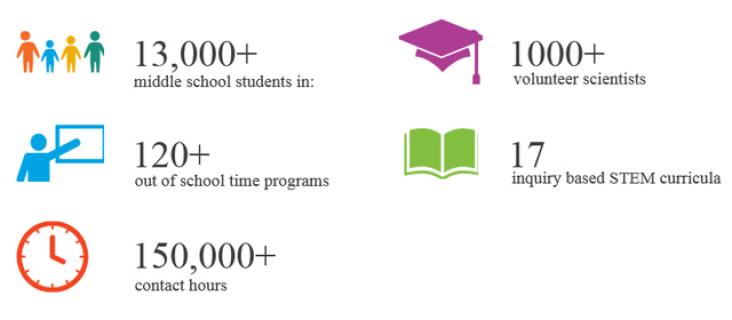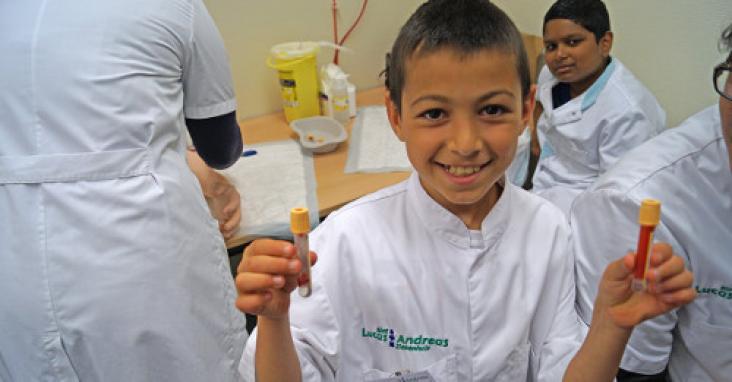This report takes stock of the contribution of UN Global Compact business participants towards sustainable development. The report assesses progress in terms of how companies are taking action on the Ten Principles and the Sustainable Development Goals, and features ten interviews with disruptive business leaders. It also highlights ten focus areas for the future where further business engagement is needed.
Linking to Goal 17, this handbook examines practical aspects and conceptual issues of international organizations and their relationship with nation-states and international authority.
The Blueprint for Business Leadership on the SDGs aims to inspire all business — regardless of size, sector or geography — to take leading action in support of the achievement of the Sustainable Development Goals (SDGs). It illustrates how the five leadership qualities of Ambition, Collaboration, Accountability, Consistency, and Intentional can be applied to a business' strategy, business model, products, supply chain, partnerships, and operations to raise the bar and create impact at scale. The Blueprint is a tool for any business that is ready to advance its principled approach to SDG action to become a leader. This chapter relates specifically to SDG 17.

In the face of intensifying stresses such as climate change, rapid urban population growth, land use change, and public concern with rates and use restrictions, water management is becoming increasing

The Elsevier Foundation is committed to advancing SDG 5 and has developed a 3-year strategic partnership with Portia, an organisation that women and men have the same opportunities for engagement and advancement in science. Building on research drawn from recent Gender Summits, Portia will advance sex-gender sensitive research, innovation, development and deeper understanding through a series of annual SDG reports and the creation of a Gender Summit Consortium.

Recognising the need to support STEM education, as part of its overall commitment to SDG4, the Elsevier Foundation has partnered with the New York Academy of Sciences' (NYAS)to expand its after-school mentoring in STEM programme. Inspiring more than 1,300 Middle School students each year, the After School Program trains graduate students and postdoctoral fellows to mentor 8 -14 year olds. Now with funding from the Elsevier Foundation, the prohgramme will be expanded to reach underserved children.
Despite a significant increase in research and practise linking corporate social responsibility (CSR) and human resource management (HRM), a comprehensive examination of the relationship between th

The Elsevier Foundation partners with the IMC WeekendSchool in Amsterdam to supporting tech outreach through science, health and tech enrichment programs for under-served 10-14 years old. Aligning with SDG target 10, Quality Education, the partnership aims to help children get greater exposure to science education.
At the UN in New York the Open Working Group created by the UN General Assembly proposed a set of global Sustainable Development Goals (SDGs) which comprises 17 goals and 169 targets.
Partner content
United Nations UniversityUnited Nations University, New York, June 2016.
Contributing to SDGs 3 (Good Health and Well-being) and 17 (Partnerships for the Goals), this concept note explores an integrated approach for the international drug control regime.
